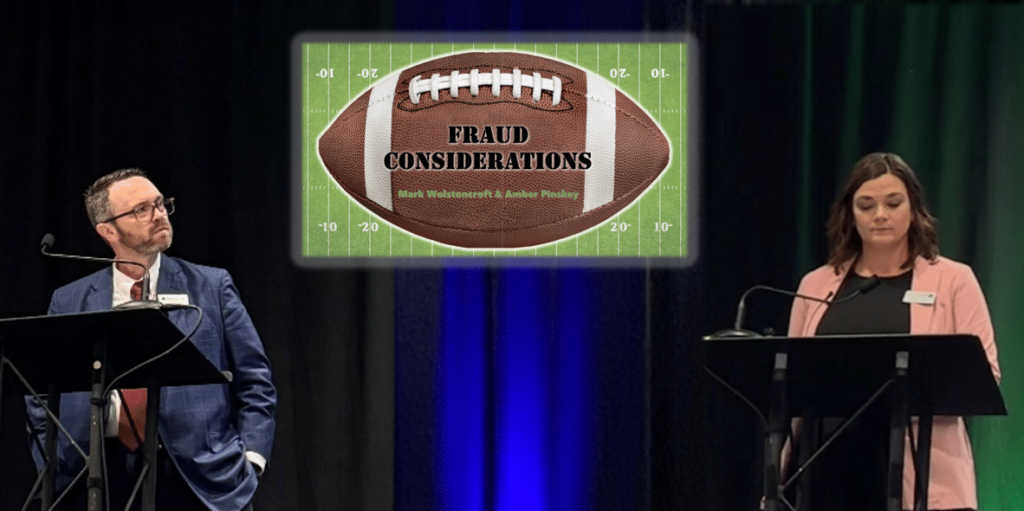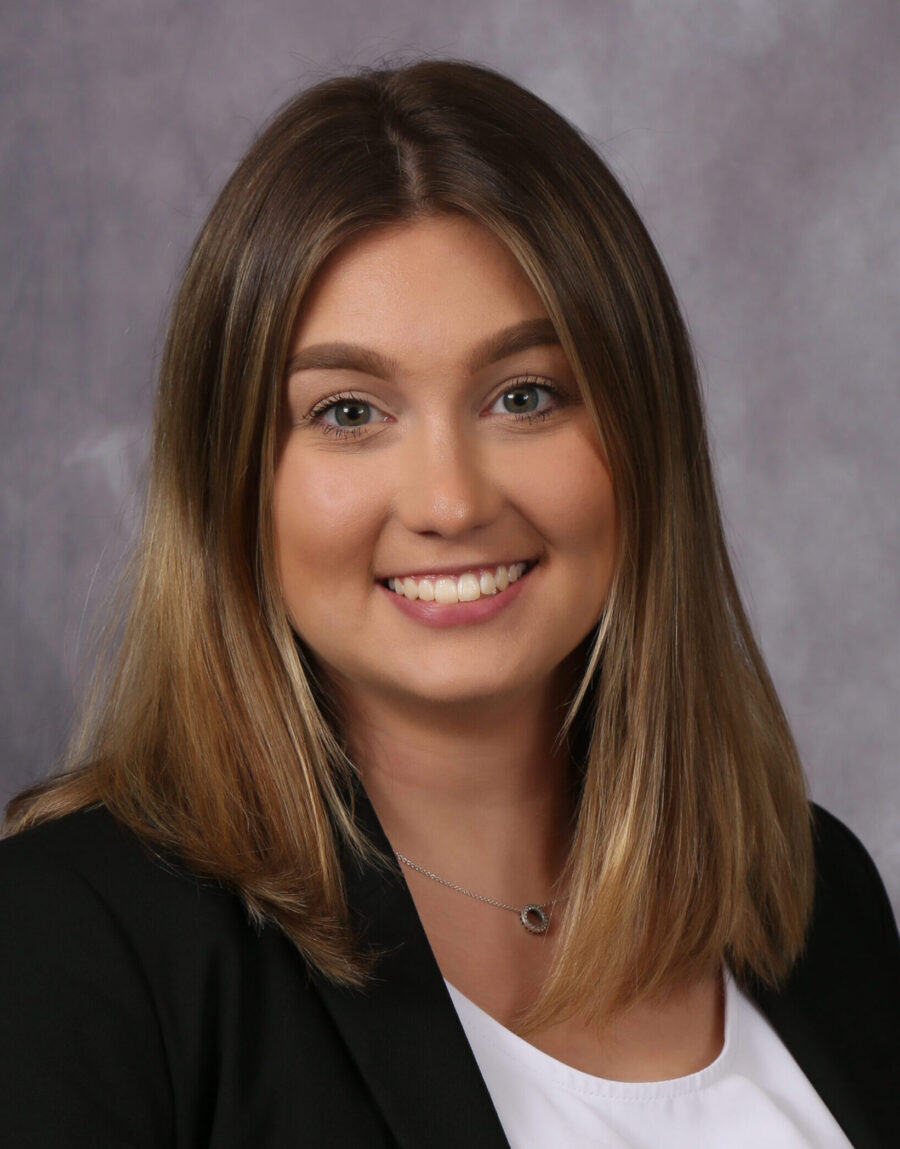At GYF’s annual CPE Day, Audit team leaders, Mark Wolstoncroft and Amber Pinskey, provided an overview of the Association of Certified Fraud Examiners (ACFE) 2024 Report to the Nations, which included analytical data derived from 1,921 real fraud cases that occurred between January 2022 and September 2023. They also highlighted specific industries and provided examples of best practices and controls that should be used to prevent fraud.
Mark and Amber began the presentation with some eye-opening facts from the report:
- The ACFE estimated that organizations lose about 5% of their revenues to fraud each year
- The median and average losses per case were $145,000 and $1,700,000, respectively
- Asset misappropriation was the most common form of fraud with a $120,000 median loss, while financial statement fraud was the least common form of fraud with a median loss of $766,000
Trends and Factors Impacting Fraud
The report also revealed that fraudulent activity typically continued undetected for an average of 12 months. Mark and Amber noted that the average timeframe of undetected fraud schemes has decreased from previous ACFE reports; however, losses increased across all three primary categories (corruption, financial statement fraud, and asset misappropriation). Mark and Amber discussed how this increase is heavily influenced by the impacts that the COVID-19 pandemic had on the business world by way of changes in the way that we communicate with our peers, the availability of remote work, and subtle internal control changes. Other impacts include staffing changes and decreased review as a result of new working conditions.
Mark noted that 53% of cases in the ACFE 2024 Report were affected by at least one COVID-related factor and discussed how aspects of the fraud triangle were directly affected by the pandemic:
- Opportunity: All of the change and necessary adaptation to new working conditions in the midst of the pandemic gave rise to new opportunities to commit fraud in the workplace
- Rationalization: Employees felt disconnected from their coworkers and employers, so work became less about those interpersonal relationships and reduced the consideration of how committing fraud would impact those people
- Motivation: financial difficulty experienced during the pandemic may have pushed people to commit fraud
Industry Examples and Best Practices
For those in the audience who were wondering what they could do to deter fraud within their own company, Mark and Amber discussed some risks and preventative measures by industry.
Manufacturing – this industry is susceptible to theft of physical inventory and billings schemes wherein an employee would trigger fraudulent disbursements by submitting fictitious invoices or personal purchases for reimbursements. Mark and Amber explained that manufacturing companies can prevent theft by increasing physical security, performing periodic physical inventory counts, monitoring scrap, and analyzing trends. Billing schemes could be prevented by maintaining a list of approved vendors, changes to which must be approved, and access to which should be restricted.
Construction – this industry is vulnerable to payroll schemes, expense reimbursement schemes, and check or payment tampering. Payroll schemes such as submission of fraudulent time cards or creation of ghost employees can be mitigated by way of implementing an automated time tracking system, formal approval of overtime hours worked, and periodic review of the payroll register by company or department level management. Expense reimbursement schemes can be prevented by requiring submission of receipts, formal approval of reimbursements by a direct manager, review of travel dates for reasonableness, and use of company credit cards with access and credit limit restrictions. Check and payment tampering can be prevented in construction companies by implementing a positive pay system to compare checks for payment against a list of checks issued by the company and setting up automatic electronic payments for recurring transactions.
Nonprofit – these entities, which the 2024 ACFE Report referred to as religious, charitable or social services, are particularly vulnerable to misappropriation of cash. Preventative measures include segregating the authority, record-keeping, and custody duties related to cash handling and limiting the amount of time that cash is held on hand by making frequent deposits. Mark also briefly touched on the risk of check and payment tampering by way of intercepting, forging, or altering such payments and discussed various defensive tactics such as secure blank checks, avoiding the use of a signature stamp, a dual signature requirement, and being cautious of using payment vehicles such as PayPal or Venmo to collect donations.
In today’s business world, it’s essential to be proactive in the pursuit of preventing fraud. Developing strong internal controls to respond to fraud risks in a post-COVID environment could save organizations hundreds of thousands of dollars.
Click here to access copies of the slides, links to resources and a video of the presentation
About GYF’s CPE Day: The firm presents this program each year to bring together clients, friends of the firm, and other professionals who are interested in gaining knowledge. The day is always filled with interesting presentations and great networking opportunities, and is generally attended by 300+ guests. If you have any questions about the material covered, or other issues we did not have time to address, please reach out to your GYF Executive or contact the office at 412-338-9300. We look forward to seeing everyone next year!








